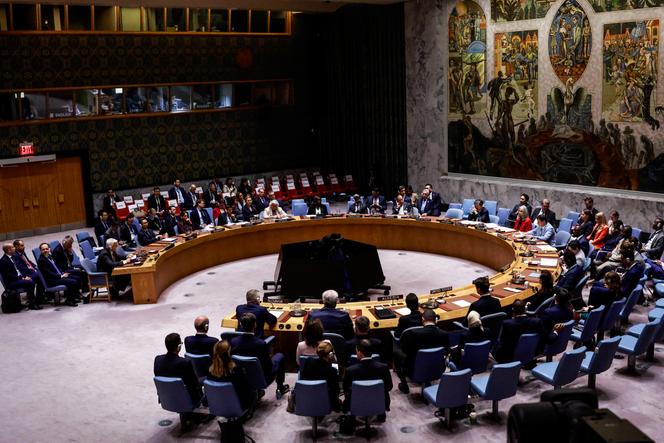Alwaght- The United Nations has adopted a resolution calling for autonomy of the Western Sahara in Morocco, calling it the best solution to put an end to the old territorial dispute between Morocco and the separatist Polisario Front.
The resolution, drafted by the US, calls on all sides to negotiate based on the Moroccan autonomy plan proposed first in 2007.
The latest resolution suggests that true autonomy for Western Sahara under the sovereignty of Morocco is the most practical solution to end the 50-year dispute between Rabat and the Polisario Front.
The Western Sahara dispute
The vast desert territory of Western Sahara has been the stage for one of Africa’s most protracted territorial conflicts since Spain relinquished its colonial hold in 1975.
In the power vacuum left by Spanish 's departure, Morocco moved to annex large sections of the territory. This triggered a persistent armed struggle between the Moroccan military and the Polisario Front, an insurgent group that formed a year later to fight for independence from Rabat.
The Polisario Front established de facto control over parts of the territory, proclaiming it the Sahrawi Arab Democratic Republic. A 15-year war between the two sides culminated in a UN-brokered ceasefire in 1991, yet underlying tensions persisted. The Polisario Front formally declared a return to armed conflict in 2020, shattering the decades-long truce.
Despite this resumption of hostilities, the core dispute remains unresolved: the central question of whether Western Sahara will achieve full independence or operate under Moroccan-administered autonomy continues to divide Rabat and the Polisario Front.
The UNSC plan on the Western front
The recent resolution of the UNSC about autonomy of the Western Sahara was proposed by Morocco in 2007.
According to this plan, Western Sahara will have its autonomy and will have its local legislative, executive, and judicial bodies with vote of the locals but under the sovereignty of Morocco. Meanwhile, the central government in Rabat will undertake the defense affairs and foreign policy of the autonomous region.
Furthermore, analysts note that a recent UN Security Council resolution signals a notable shift in the international community's stance, lending credibility to Morocco's claims of sovereignty over the region.
A successful implementation of this framework could pave the way for a comprehensive peace between regional rivals Morocco and Algeria, the latter being the primary backer of the separatist Polisario Front.
Additionally, Morocco finds itself in need of peace and stability in Western Sahara. The officials of this country have claimed that by 2035, the country will become an emerging economy and to gain this status, it is crucial to settle the dispute with Polisario Front. The country is preparing to host African Cup of Nations in December and co-host 2030 World Cup with Spain and Portugal.
Self-determination right for people
Despite the UN resolution reaffirming the Western Sahara's right to self-determination, its key ally, Algeria, has reacted with caution. Algeria's UN ambassador, Amar Bendjema, criticized the resolution, stating that the future of the territory "must lie solely with the people living under colonial domination." He further accused the resolution of ignoring proposals from the Polisario Front.
Reflection of Western Sahara dispute in Moroccan foreign policy
Western Sahara has been the focus of the Moroccan foreign policy for a long time and Rabat has been working to persuade other countries to recognize this region as part of its territory.
The dispute has long strained Morocco's relations with Algeria, which backs the Western Sahara's independence movement. In a significant diplomatic move, France voiced its support for Morocco-presented autonomy plan for the region in July 2023. The decision was immediately rejected by the Polisario Front and its key ally Algeria.
Algeria condemned the French decision to recognize the autonomy plan presented by Morocco, describing it "surprising, unsuccessful, and ineffective." The Algerian government immediately summoned the French ambassador and downgraded its diplomatic representation in Paris to a charge d'affaires.



























